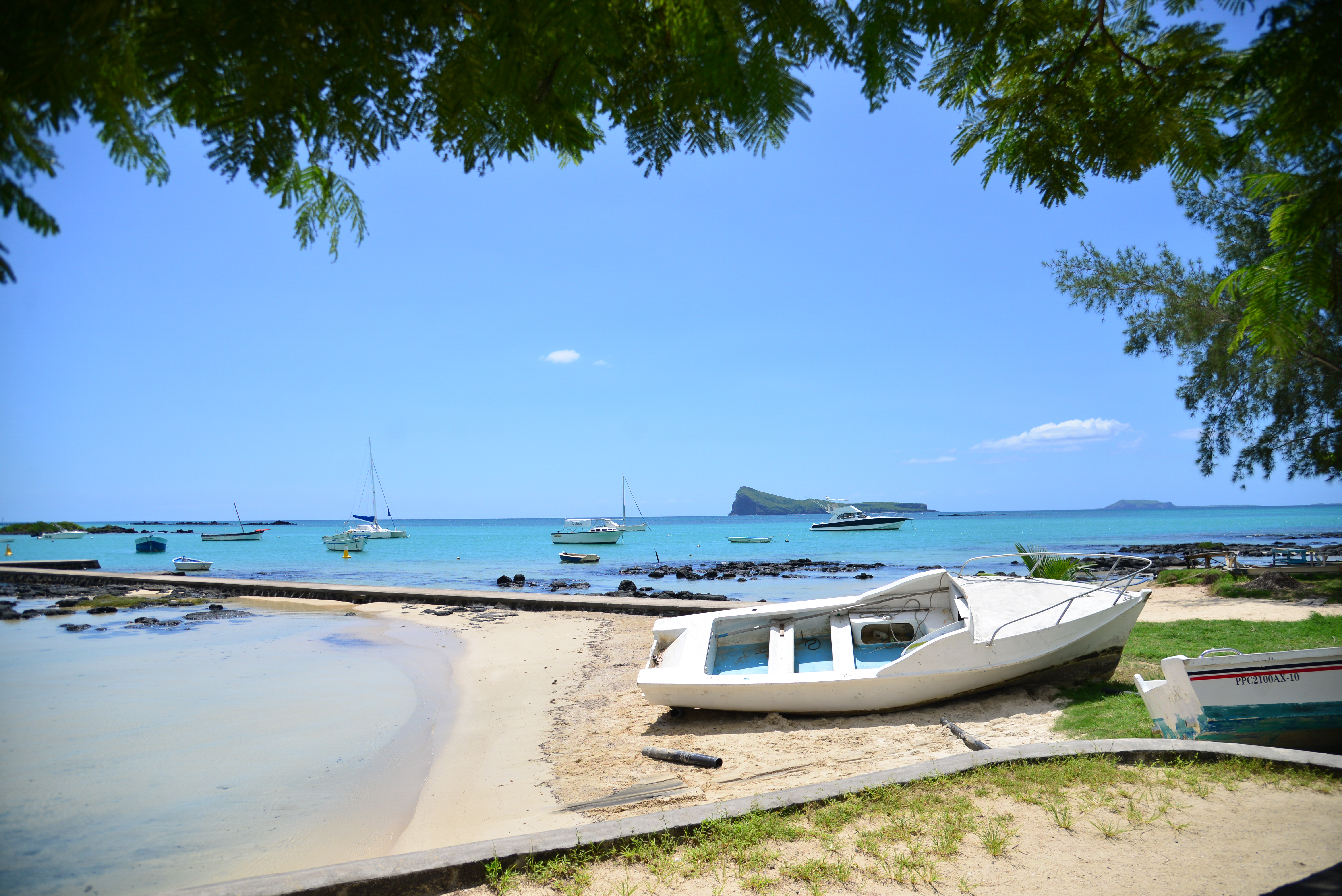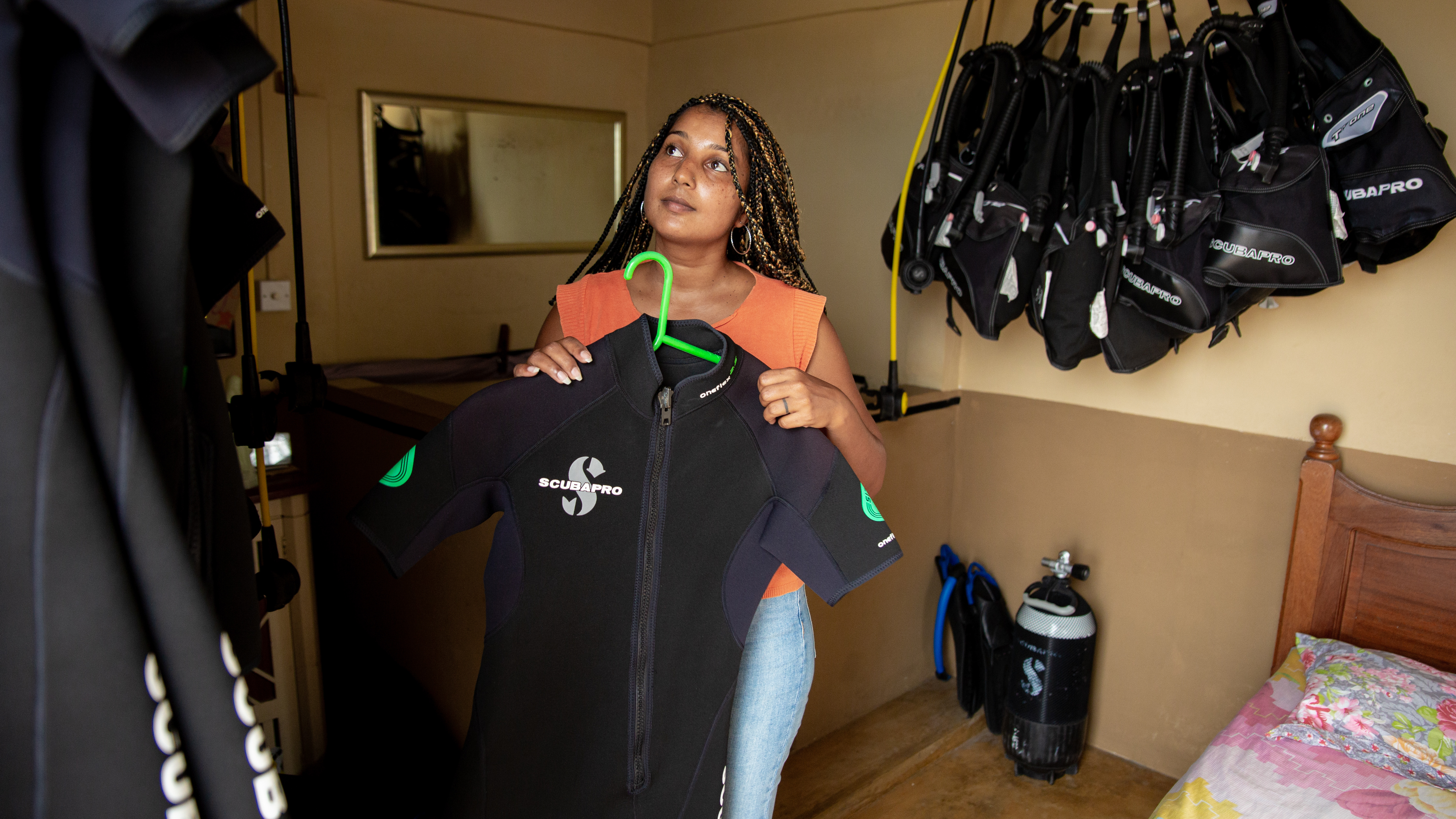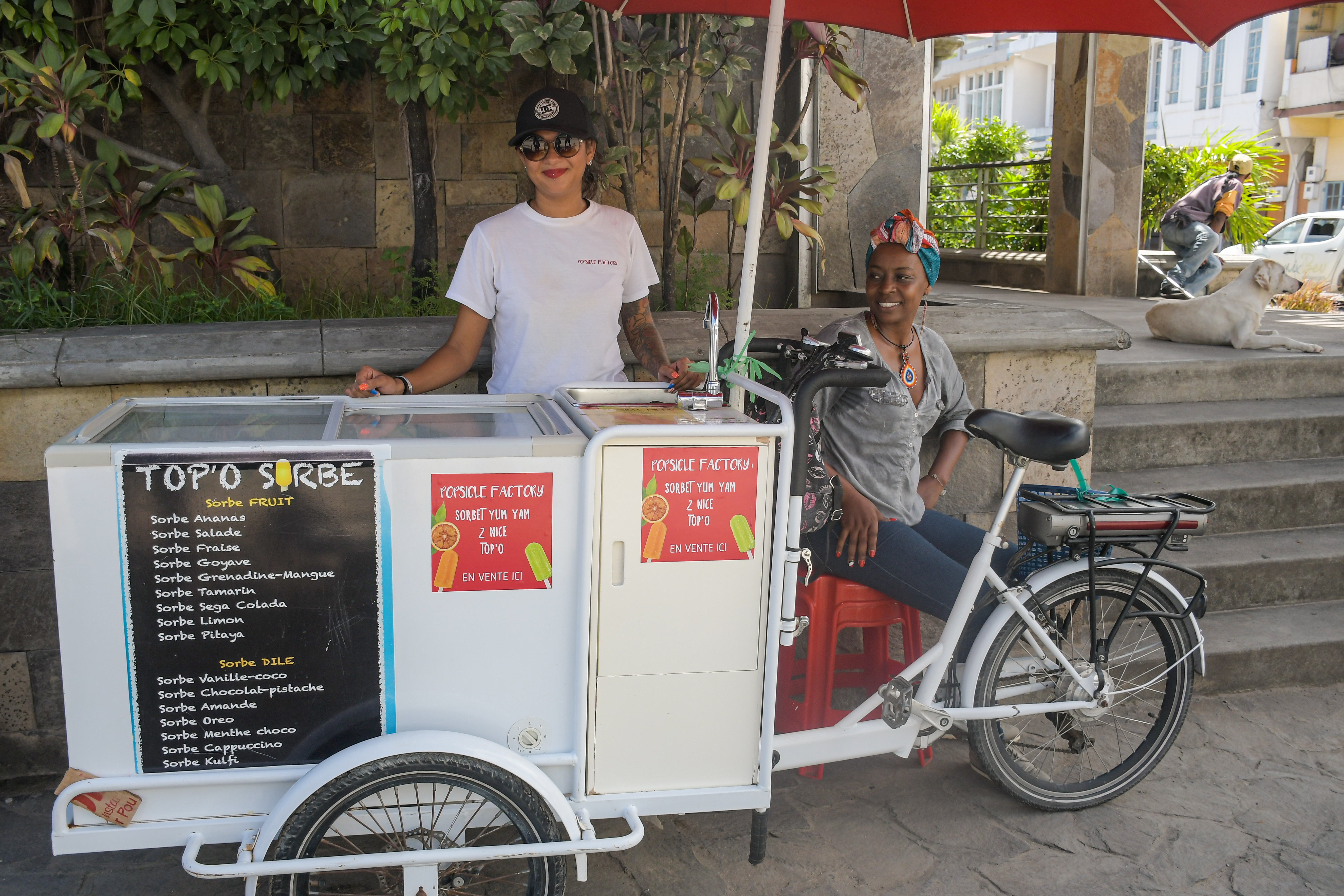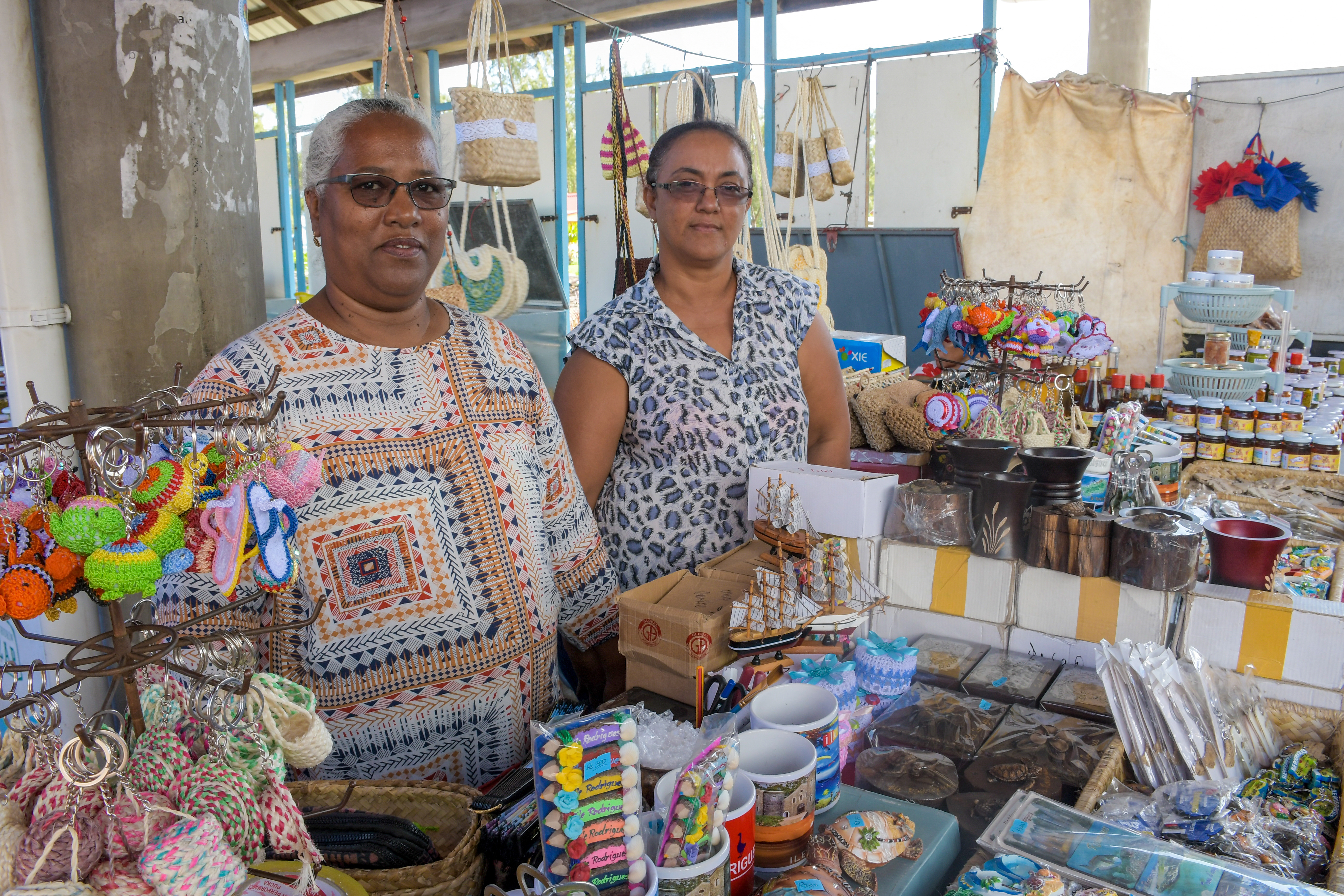Open Borders: New Opportunities for MSMEs in the Tourism Sector in Mauritius?

The tourism sector will also need to anticipate and adapt to the changing profiles, behaviour, and attitudes of international travelers. Photo:@UNDP
A couple of weeks ago, the UNDP Mauritius Accelerator Lab held a Collective Intelligence exercise bringing together a multi-stakeholder group of 15 key informants from diverse backgrounds and sectors. The aim was to gather insights about Micro, Small and Medium Enterprises (MSMEs). As Mauritius reopens its borders to international travel, we set out to learn about the opportunities and challenges this presents for the MSMEs in the tourism sector.
One of the most positive elements and results from this exercise was the enthusiasm displayed by all participants and their eagerness to work together despite different interests. Contributing to their positivity is the fact that more than 3.25 billion vaccine doses have been administered globally; while Mauritius has now achieved just over 500,000 fully or partially vaccinated out of a population of 1.2M. Even if vaccination rates differ from country to country, vaccination campaigns have increased traveler confidence and spurred optimism for global travel and the tourism sector.

Our enquiry helped us understand at least 3 things from our participants:
1. Re-Imagining Tourism
Following our exercise, a majority of participants emphasized the urgency for the reinvention of the local tourism sector to adapt to the current pandemic context. This includes re-imagining the typical tourist profile, and accommodating the evolution towards eco-friendly, youth and silver economy demographics. We also learnt that there is great appreciation for Rodrigues Islands in Mauritius for its quick pivot to alternative livelihood schemes. Participants drew inspiration from Rodrigues as a model for green tourism solutions and innovative approaches.
It was also acknowledged that the sector will need to anticipate and adapt to the changing profiles, behaviour, and attitudes of international travelers. While Mauritius is known for attracting international tourists, in the wake of the pandemic its most active market was constituted of local clients during the COVID-safe period of October 2020 to March 2021. Mauritians have been instrumental in reviving the sector by engaging in local consumption using web-based platforms promoting local deals. Enabling MSMEs to better orient their services towards the local population will be key to a reorientation of the tourism sector. Furthermore, the ongoing appeal to long-stay travelers, including senior citizens and digital nomads, with the introduction of the premium travel visa, can also strengthen international tourism by targeting growth segments of the market.

2. Boosting MSMEs Capability
Due to the two lockdowns and consequent border closures that have put the tourism sector on pause since March 2020, MSMEs in Mauritius have experienced significant losses while trying to remain afloat with greatly diminished or non-existent revenue. While re-skilling and up-skilling measures for MSMEs were proposed by government and sectors associations, many of operators remained in ‘survival mode’. According to some participants, amidst the pandemic, it was not always easy to find the time and mental resources required to propose new products and services that would meet the changing market needs. Meanwhile, some lacked a full understanding of the ‘new normal’, often related to inadequate financial literacy to help unblock new capital, the inability to act as ‘start-ups’ and to start again from zero, or difficulties taking their services fully digital (i.e., selling online).
What has been core to our understanding is the criticality of the tourism sector to the Mauritian economy; and the importance of the MSMEs along the supply chain. From boat owners to diving clubs to compressor services, all are faced with financial pressure; and most have had to go into debt to remain afloat.
3. Unchartered Territory: Building and Inclusive Tourism Model
According to the Mauritius Commercial Bank, the MSME sector in Mauritius continues to be the backbone of our economy with a nearly 40 percent share of the Gross Domestic Product (GDP). The newly proposed ‘all-inclusive’ model, wherein visitors will spend the first 14 days on the island with movement restricted to their hotel or resort and its facilities, means benefits are limited to hotels and affiliated services linked to the hotels. Affiliate services, mostly conducted by MSMEs, which do not operate within hotel premises, such as sale of local handicrafts (often women-owned) or nautical services, are likely to continue to face revenue losses.
Mauritius’ MSMEs can play a significant role in both the shaping of the long-term tourism model; and in the short term, to contribute to the inclusion of MSMEs in the early recovery planning for the sector. Many participants shared their expectations that tourist arrivals would be slow and limited at the outset due to uneven sanitary conditions in the traditional tourist contributing countries in Europe, Asia and from Australia.

Testing, Testing….
Following our consultations and learning, the Accelerator Lab will take on experimentation regarding one of the biggest concerns raised by key informants, i.e. access to capital and financial literacy, which impeded MSMEs capacity to pivot towards new opportunities.
We will conduct the first experiment on financial literacy with the hypothesis that MSMEs that undertake financial literacy training will be able to act as first movers to capitalize on the various policy and operational incentives now available; and eventually, report better cashflow, strengthened financial planning, and decision-making; and better preparedness.
The experiment also offers the opportunity to explore the intersectionality between women and youth empowerment and livelihoods and employment in the tourism sector and beyond.
You are welcome to join us in this experiment! If you are an interested partner, please reach out to the Accelerator Lab at acclab.mu.sey@undp.org

 Locations
Locations